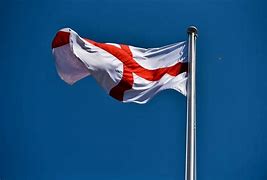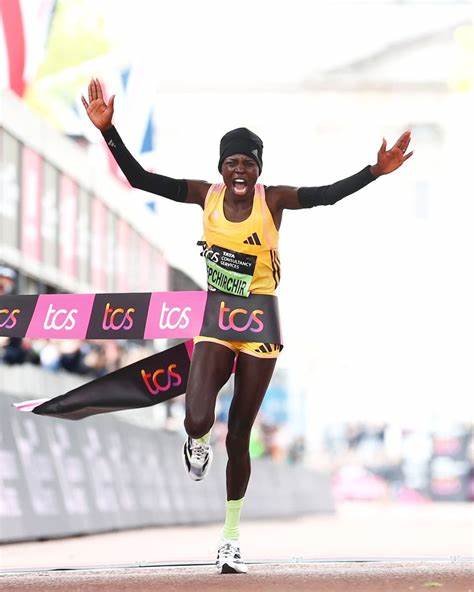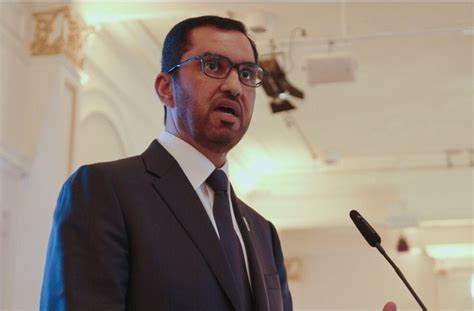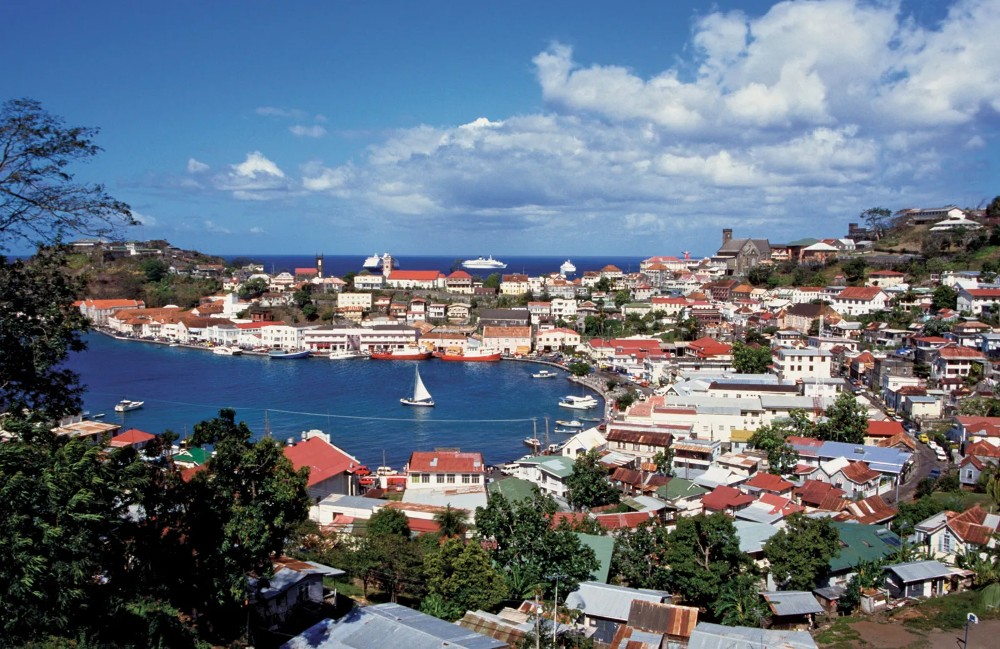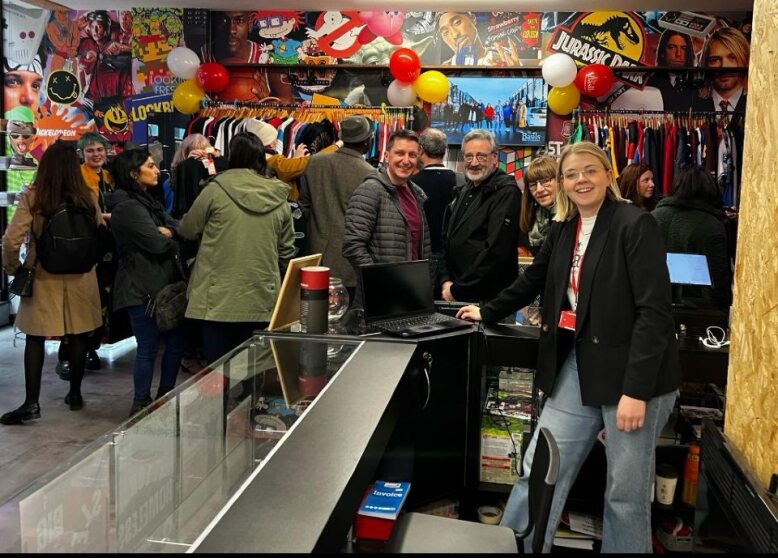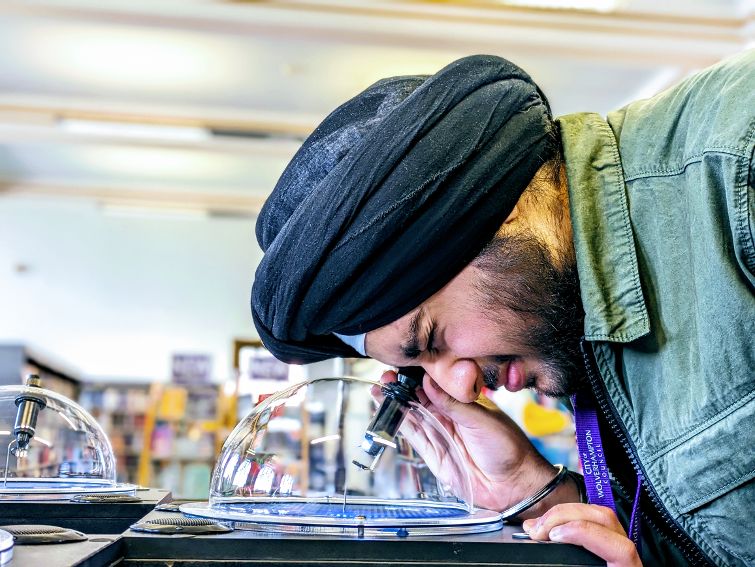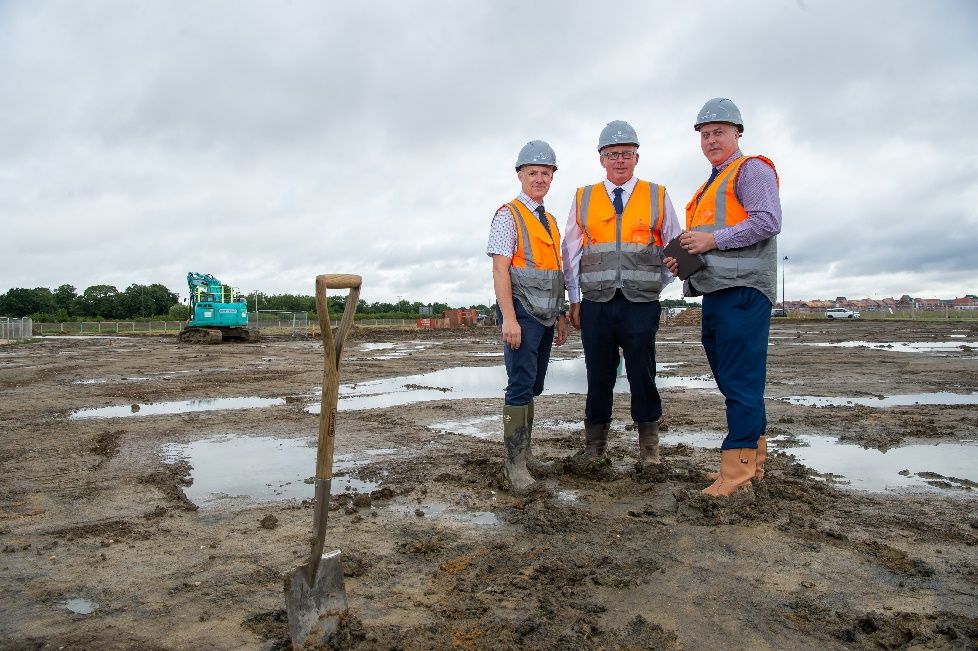Pure Grenada awarded its 14th gold medal at the RHS Chelsea Flower Show
The Pure Grenada exhibit at the RHS Chelsea Flower Show 2018 named ‘Grenada-The Road to Success’ has won a highly coveted gold medal. This brings to 14 the number of gold medals awarded to Grenada in 20 years of exhibiting at the Show, with four being awarded in as many consecutive years to Grenada-based lead designer, Catherine John and her extended team of volunteers.
This year, the team brought Pure Grenada, the Spice of the Caribbean to life with a fragrant and exuberant representation of one of the island’s iconic historic symbols-the board bus. Measuring 10ft by 4ft, the sides are open to the spice-fragranced breeze and sweeping views as the bus heads back to the countryside from the capital city of St George’s.
The Grenada team’s intricate design emphasises the rich and abundant flora typical of the tri-island state of Grenada, Carriacou and Petite Martinique, accented with scented spices and complemented by verdant foliage. Heliconias, orchids, gingers, tropical ferns, fruits and spices all feature prominently.
Mrs. John said: “’Grenada-The Road to Success’ unites Grenadians in the memory of travelling by open-sided bus to and from our capital St George’s. These buses, always resplendent in our national colours of red, gold and green, were an institution in themselves and provided vital transport links to work, school and markets. Goods were carried on the rooftop, represented by our hanging orchids and bananas, whilst the exhibit showcases our islands’ extraordinary fertility and biodiversity with evocative blooms, foliage and spices that thrive at different levels of vegetation.”
She added: “Our rainforest, dry forest, orchids and spices are all represented, revealing their intense colours and fragrances to ensure Grenada really stands out from the floral displays at the Show.”
The blooms, greenery and spices were grown in Grenada and arranged to design ahead of Monday, 21st May when the display enthralled VIP Press Day visitors including Dr Johnson Beharry VC – recipient of the highest military decoration for valour in the British and Commonwealth armed forces, who was born in Grenada. Well-known names including ITV Royal Wedding presenter, Philip Schofield; athlete Perri Shakes-Drayton; singer Beverley Knight; and actors Alison Steadman OBE and Christian Vit (Game of Thrones) were also impressed.
Mrs. John said: “We’re delighted that the exhibit has been awarded a Gold Medal here in London. A journey on an open-sided bus was a delight, and my personal inspiration for the design comes from memories of driving past cocoa and spice trees, palms, exotic blooms and brightly-coloured blooming shrubs. Many more Grenadians will fondly recall idyllic journeys on such buses between the 1930s and 1990s.”
Patricia Maher, CEO of the Grenada Tourism Authority, said: “We’re proud to sponsor ‘Grenada-The Road to Success’ and the entire team who have once again provided visitors to the world’s premiere flower show with an authentic taste of our islands. The RHS Chelsea Flower Show is an unrivalled world stage and continues to play a prominent role in enticing visitors to Pure Grenada, where they are free to wonder at our abundant natural beauty and exquisite gardens.”
All connected with the pavilion express their gratitude to the 2018 supporters and those who offered their time and plant materials.



